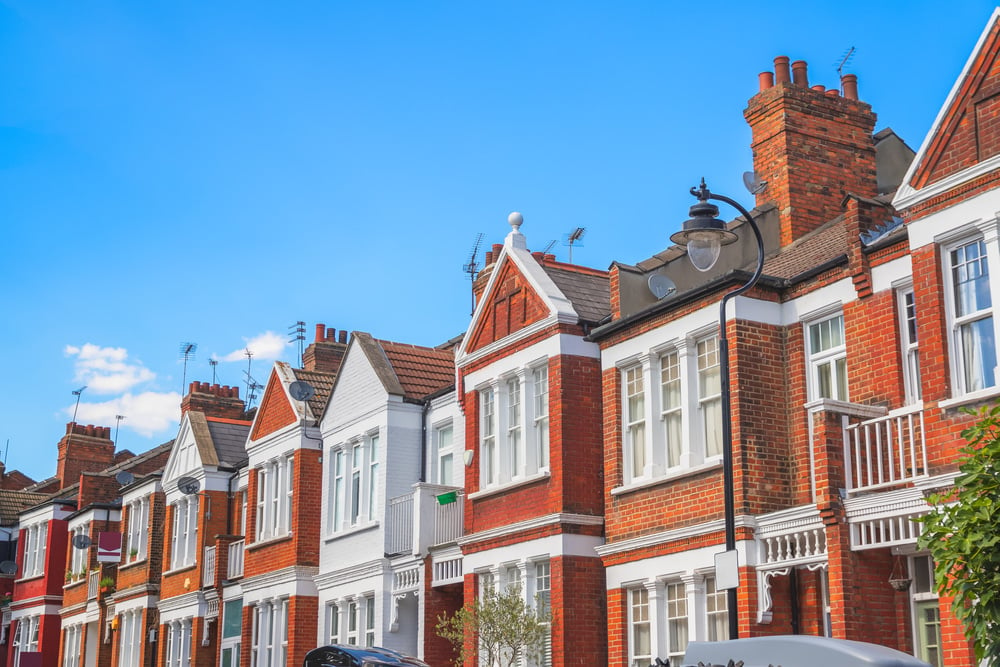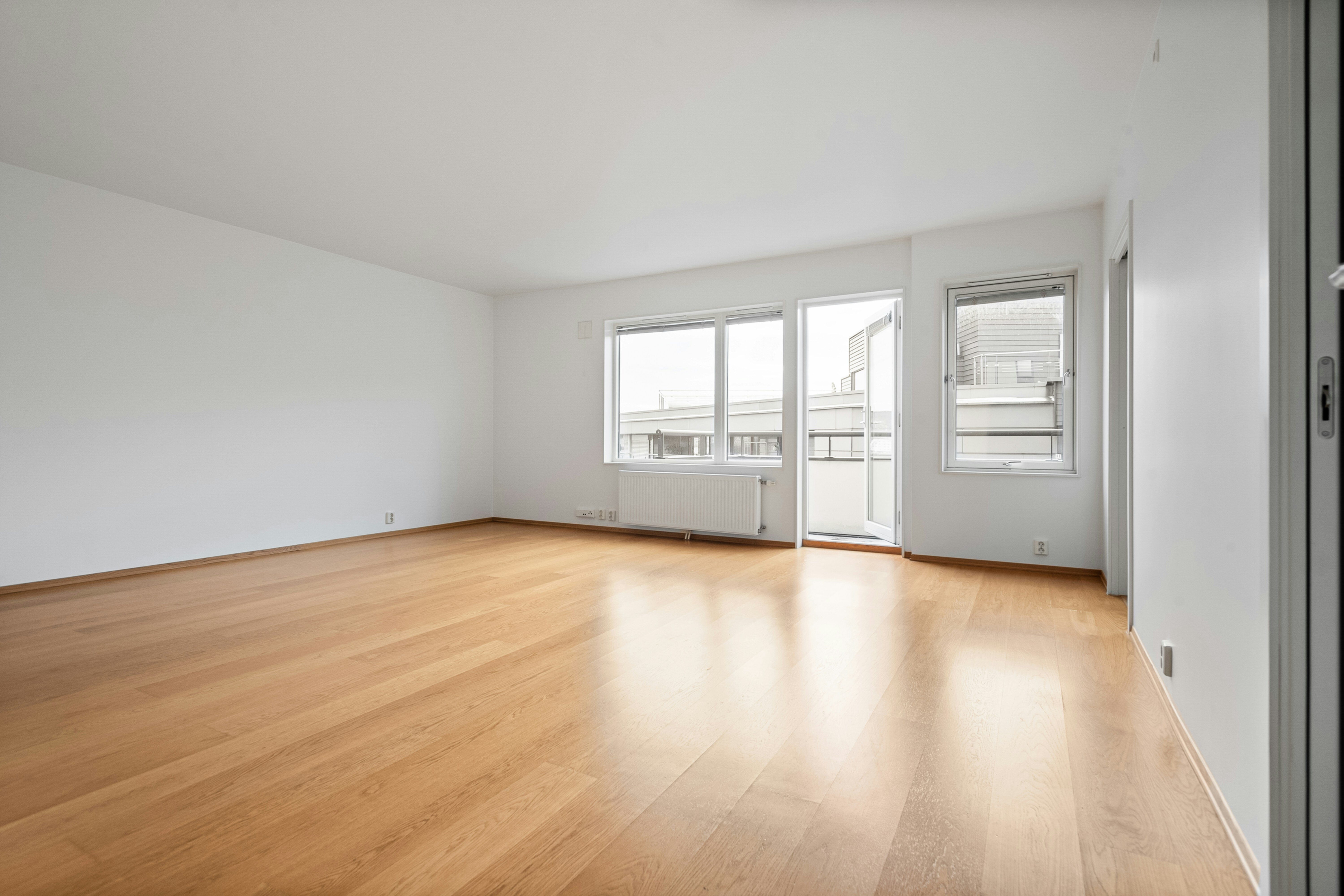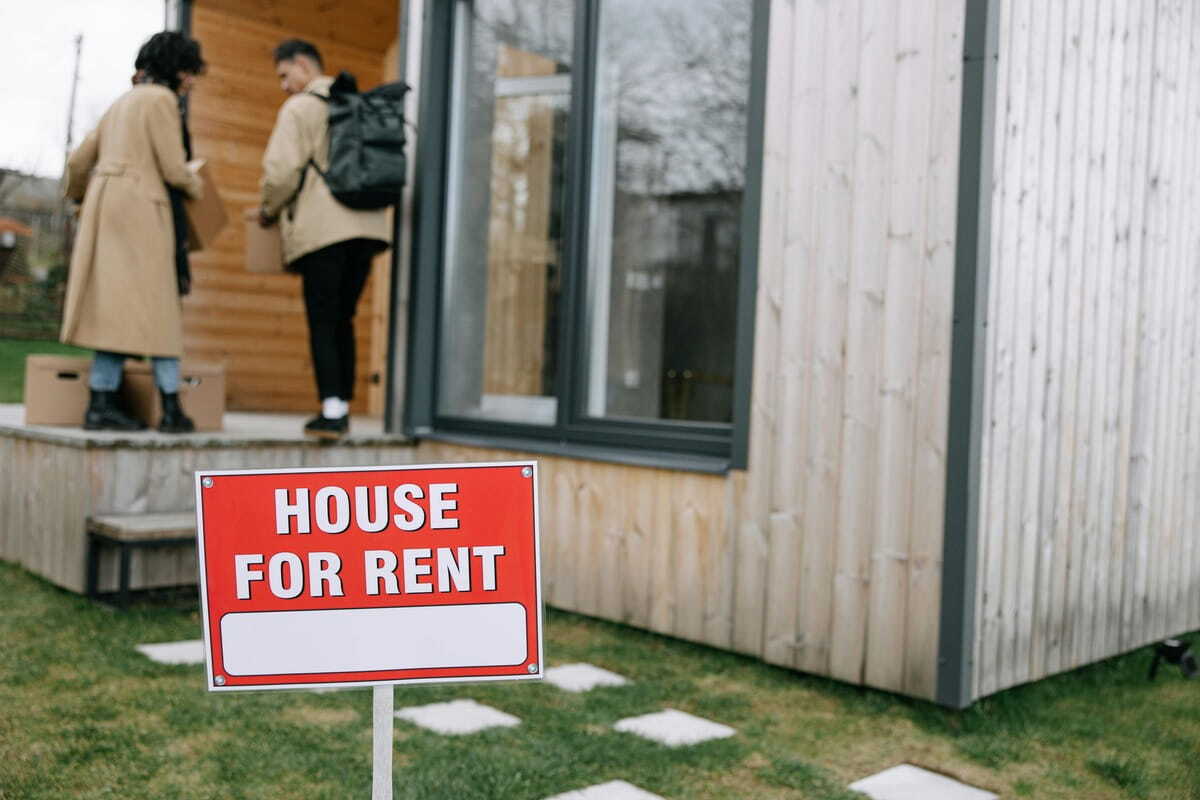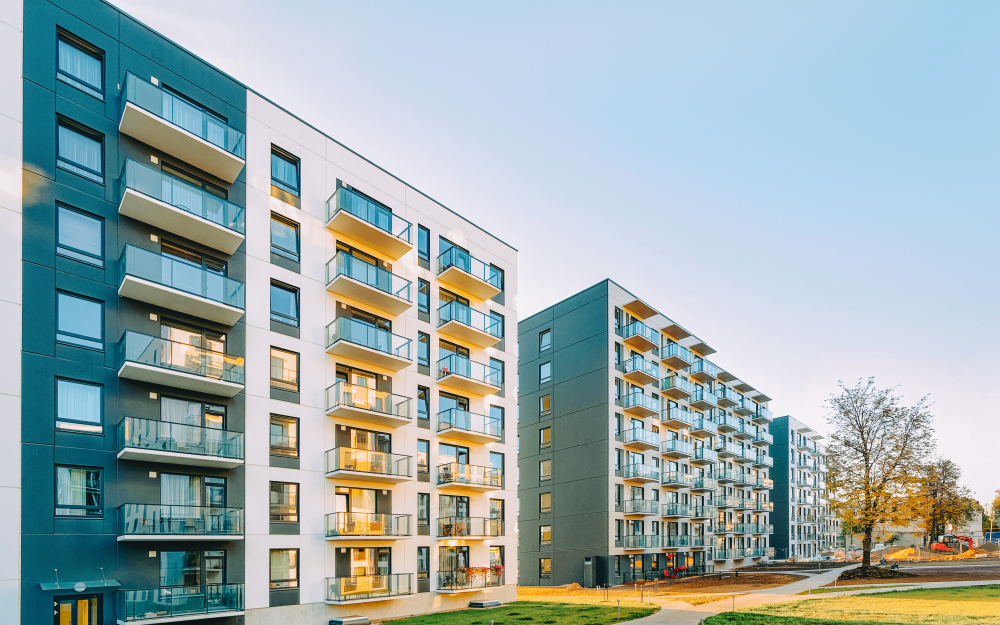Suggested rent controls have raised concerns for letting agents and landlords, but do they really benefit the private housing sector?
The Goodlord team
Aug 21, 2024
What are rent controls?
Rent controls were first introduced in the UK in 1915 to regulate housing costs after they surged due to increased demand.
The primary aim of rent controls is to protect tenants from rising rents and prevent unfair evictions when tenants struggle to pay.
Globally, rent controls have been a popular tool for regulating rents in specific areas. Instead of capping rent at a fixed amount, these controls typically allow for rent increases, but only within a set percentage limit. This means that landlords or managing agents can raise rents, but only in line with a regulated percentage increase.
Rent controls are often implemented to address financial challenges, such as the cost of living crisis, or to promote fairness in the private rental sector. They can apply either during a tenancy—where landlords cannot increase rent while the property is occupied—or between tenancies.
Why would there be rent controls in London?
In a 2019 blueprint report, Sadiq Khan highlighted the need for rent controls in London, arguing that they play "a key role in improving the affordability of housing."
Currently, the average rent in Greater London is £2,109 per month, which is 43% higher than the average rent in England. Between 2021 and 2022, private renters in London spent around 35% of their income on rent, making it the least affordable place to rent in the UK.
Rent controls in London could provide tenants with greater stability and more affordable housing options. If rents are kept in check, tenants are more likely to remain in their homes, reducing the frequency—and cost—of tenant turnover for landlords.
However, it's clear that while rent controls might benefit tenants, they can be less advantageous for landlords and letting agents.
What are the effects of rent controls on the private rental sector?
According to a report by the Institute of Economic Affairs (IEA), rent controls can achieve their primary goal of lowering rents but come with significant negative consequences.
Dr Konstantin A. Kholodilin, the author of the IEA report, analysed 65 studies on rent controls and found that 56 of them succeeded in reducing rents as intended. However, the introduction of rent controls in one area often leads to rent increases in other, uncontrolled areas.
Other negative impacts identified in the report include:
- Reduced supply of rental housing: Landlords may be discouraged from renting out properties or investing in them.
- Decreased construction: Developers may be less inclined to build new rental properties in areas with rent controls.
- Lower housing quality: Landlords may have less incentive to maintain or improve their properties.
- Reduced tenant mobility: Tenants may be reluctant to leave rent-controlled homes for properties without controls.
- Increased misallocation of housing: The popularity of controlled properties may force tenants into homes that don’t match their needs.
- Higher rents in uncontrolled areas: Rent controls can push up rents in areas without such regulations as landlords seek to recoup their losses.
While rent controls can help manage rising rents in specific areas, they often lead to broader, unintended consequences that can negatively impact the wider community.
Will letting agents ever see rent controls in London?
The Mayor of London, Sadiq Khan, has expressed a strong desire to implement rent controls in the capital. While his previous proposals were dismissed by the Conservative Government, the current Labour-led Parliament may open the door to such measures.
However, the government has clarified that no discussions about rent controls have taken place yet. In a recent press release, they stated: “Fixing Britain’s housing crisis is one of our top priorities, and giving struggling renters more rights and security is an important issue for this Government, but there have been no conversations with the Mayor of London about introducing rent controls.”
This doesn't mean rent controls are off the table for London or the rest of England. In May, Prime Minister Keir Starmer addressed the need to prevent landlords from exploiting tenants through bidding wars, stating, “We have to have a scheme in place to stop them driving rent up and up.”
In the King’s Speech earlier this year, Labour introduced the Renters’ Rights Bill as a counter to the Conservatives' Renters (Reform) Bill. This new legislation aims to strengthen tenants’ rights and protections, including measures to end rental bidding wars by landlords and letting agents.
While the bill doesn’t explicitly mention rent controls yet, letting agents should stay informed on the Renters’ Rights Bill when Parliament reconvenes in September.
👑 Find out the key takeaways from the King's Speech letting agents should know 👑








